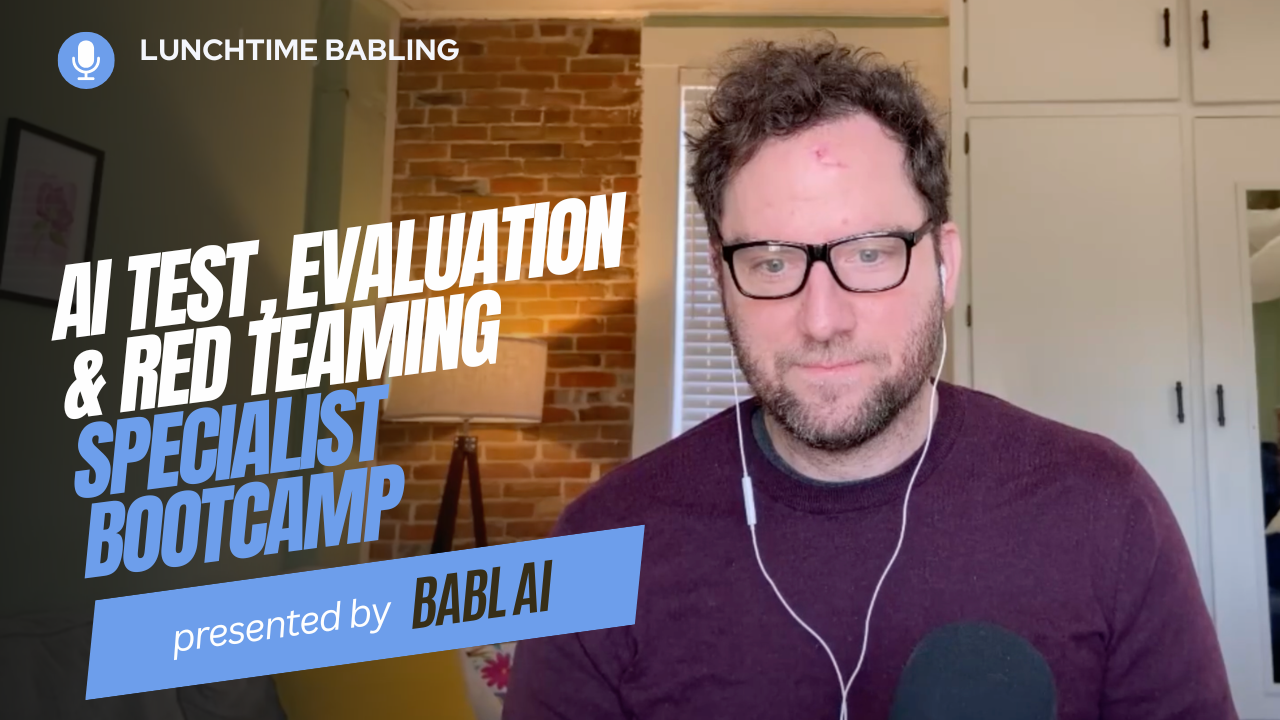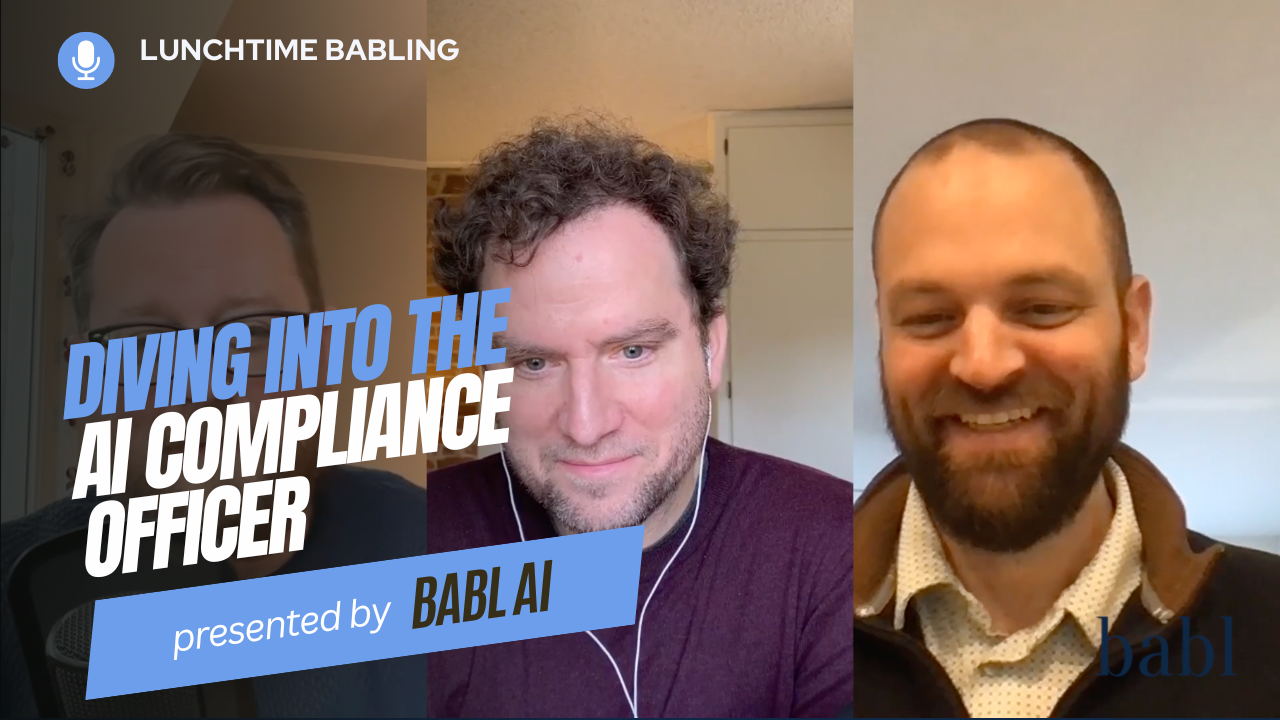Why AI and Scheduling Optimization Matters More Than You Think
From building school schedules to routing long-haul trucks, optimization systems quietly power many of the services we rely on every day. In this episode of Lunchtime BABLing, BABL AI CEO Dr. Shea Brown sits down with Leon Ingelse, writer and researcher at Croatian optimization studio Dots & Lines, to explore the math, ethics, and human decisions behind scheduling algorithms—and why they deserve more attention in AI governance circles.
More Than Just Math
Leon breaks down the difference between hard and soft constraints—think “you legally can’t do this” vs. “you probably shouldn’t.” While it may seem academic, these distinctions shape real-world decisions across healthcare, logistics, education, and social services. From fatigue rules in transportation to fairness considerations in shift scheduling, optimization models are often at the heart of compliance—and controversy.
Building Digital Twins
Another key insight: optimization isn’t about plugging numbers into a black box. It’s about building a digital twin—a formal representation of a system that can simulate changes before they’re implemented in the real world. This process requires deep collaboration with stakeholders to extract knowledge, define trade-offs, and understand what “fair” looks like over time.
Explainability Without the Black Box
Unlike large language models (LLMs), optimization algorithms can often provide clear explanations for their decisions. That’s a big deal for compliance, especially in highly regulated sectors. As Leon puts it, the ability to say why a schedule looks the way it does—not just what it is—can make or break trust in algorithmic systems.
Why Human-in-the-Loop Still Matters
Despite the power of these tools, Leon and Shea agree that there’s still a critical role for humans—especially when systems cross jurisdictions or deal with sensitive rights-based considerations. Transparency, consent, and ethical clarity are just as important as technical performance.
Takeaways for Responsible AI
Whether you’re in procurement, policy, or product development, this episode offers a window into a less-hyped—but incredibly important—corner of AI. Optimization may not make headlines like ChatGPT, but it’s already shaping the conditions under which people live and work.
For anyone navigating AI governance, this conversation is a reminder: sometimes the most powerful systems are the ones running quietly in the background.
Where to Find Episodes
Lunchtime BABLing can be found on YouTube, Simplecast, and all major podcast streaming platforms.
Need Help?
Looking to explore a career in AI governance beyond the headlines? Visit BABL AI’s website for more resources on AI governance, risk, algorithmic audits, and compliance.





